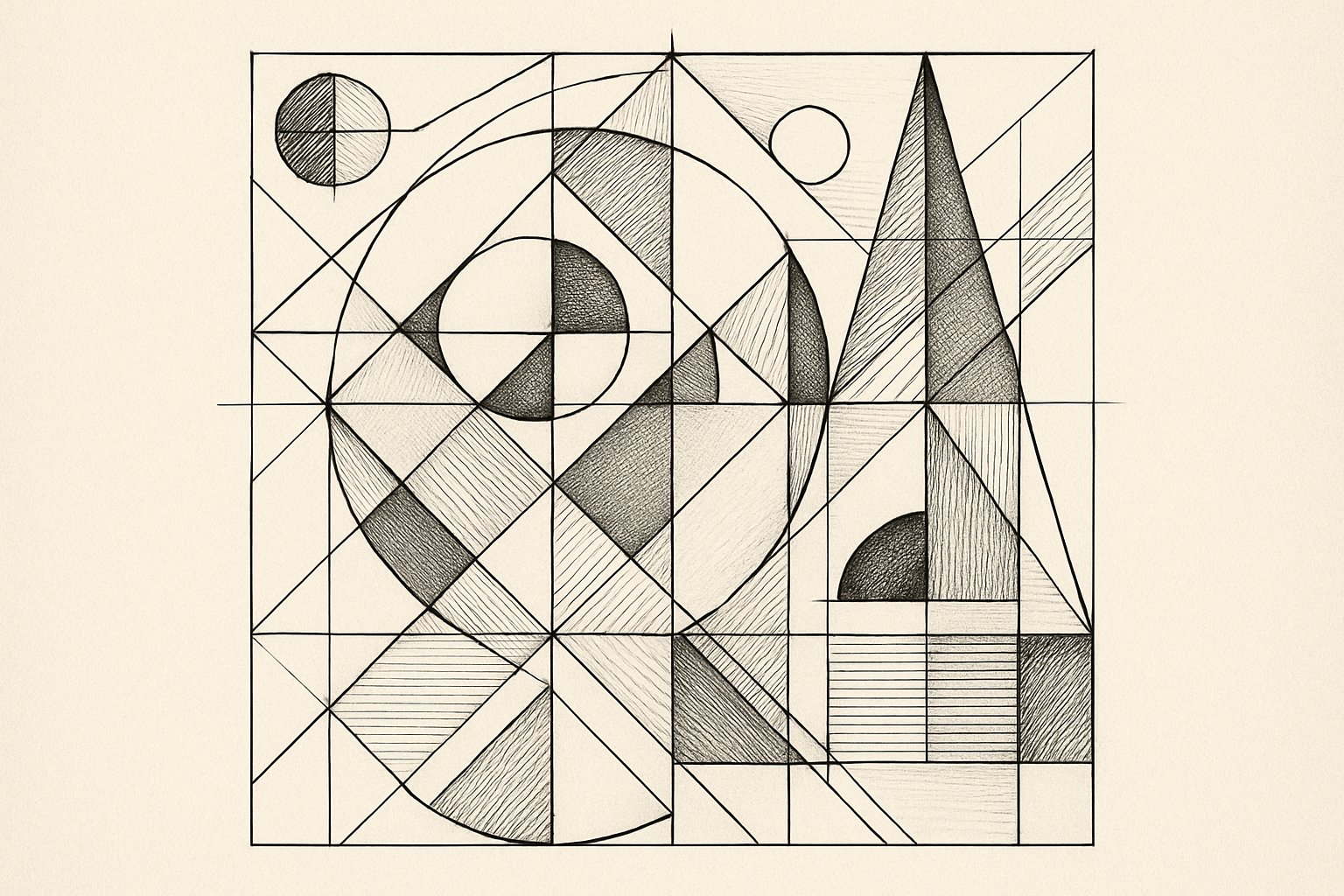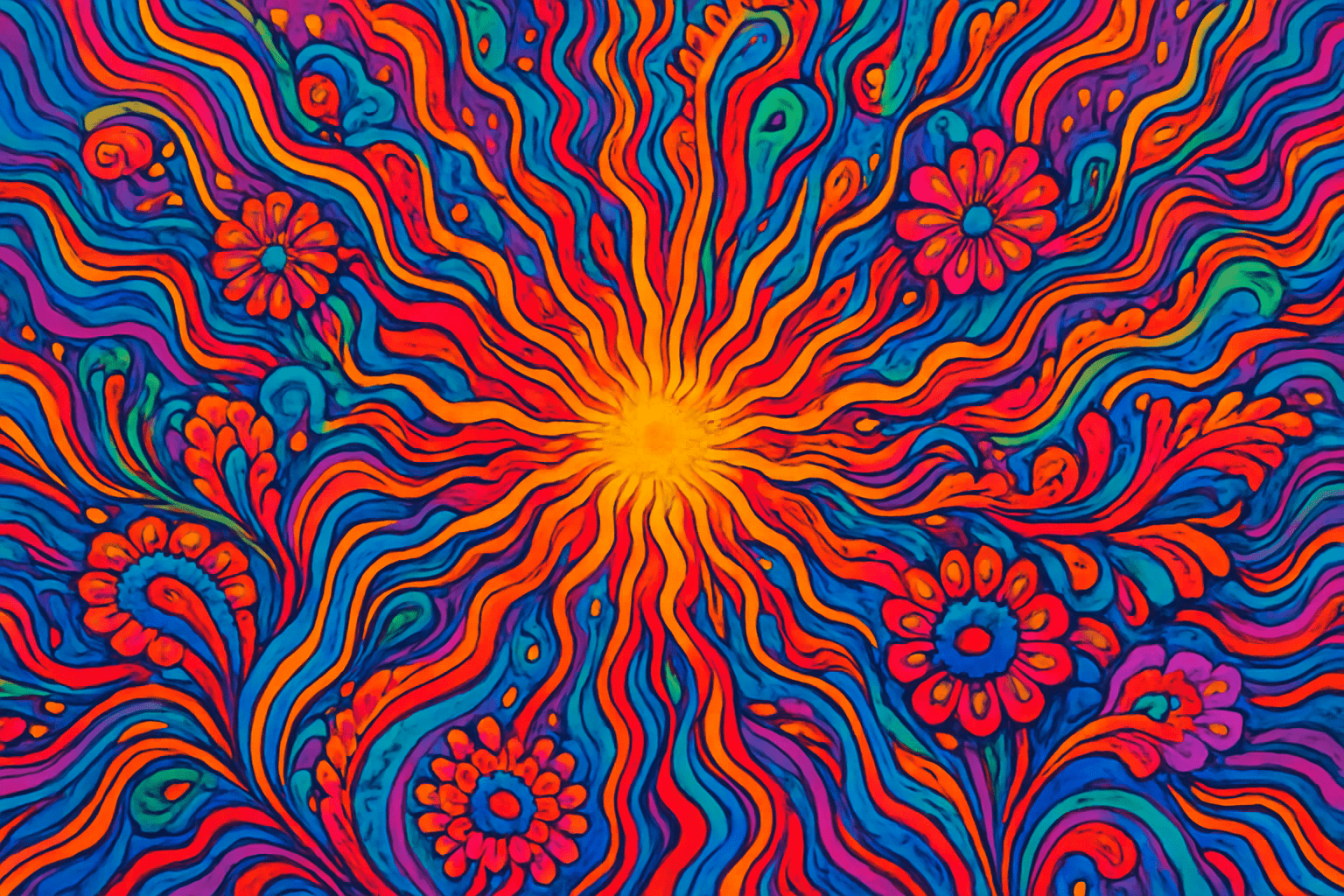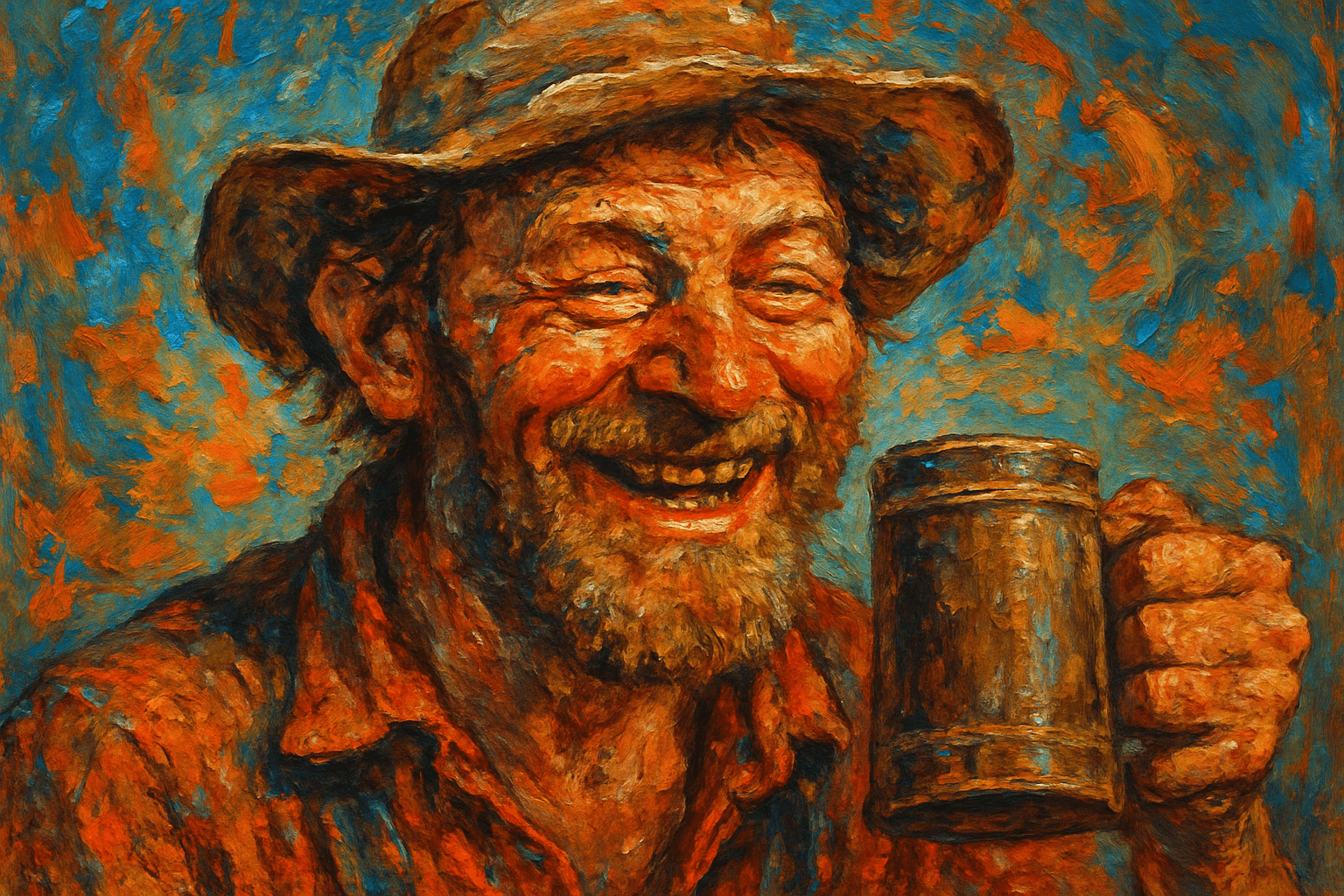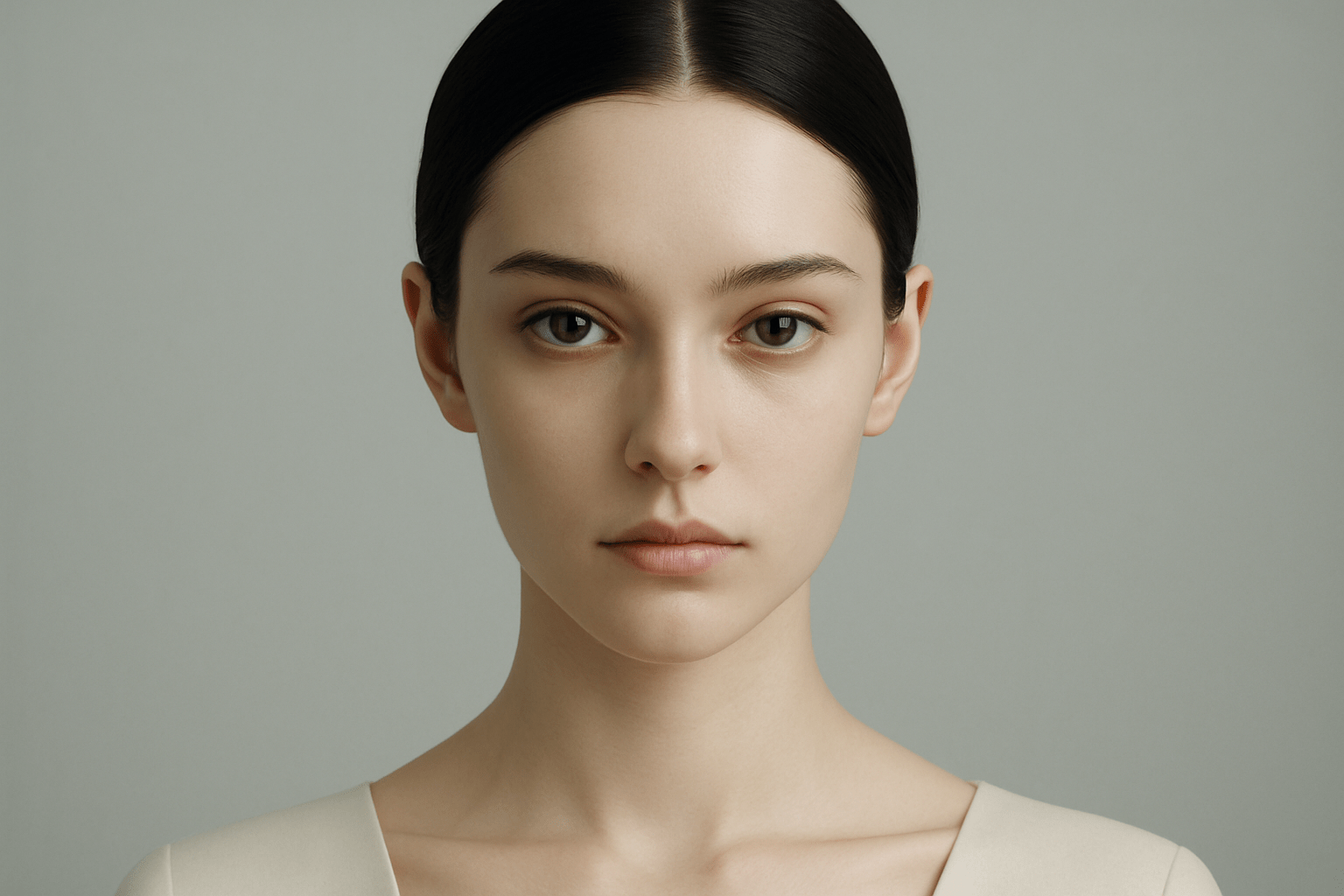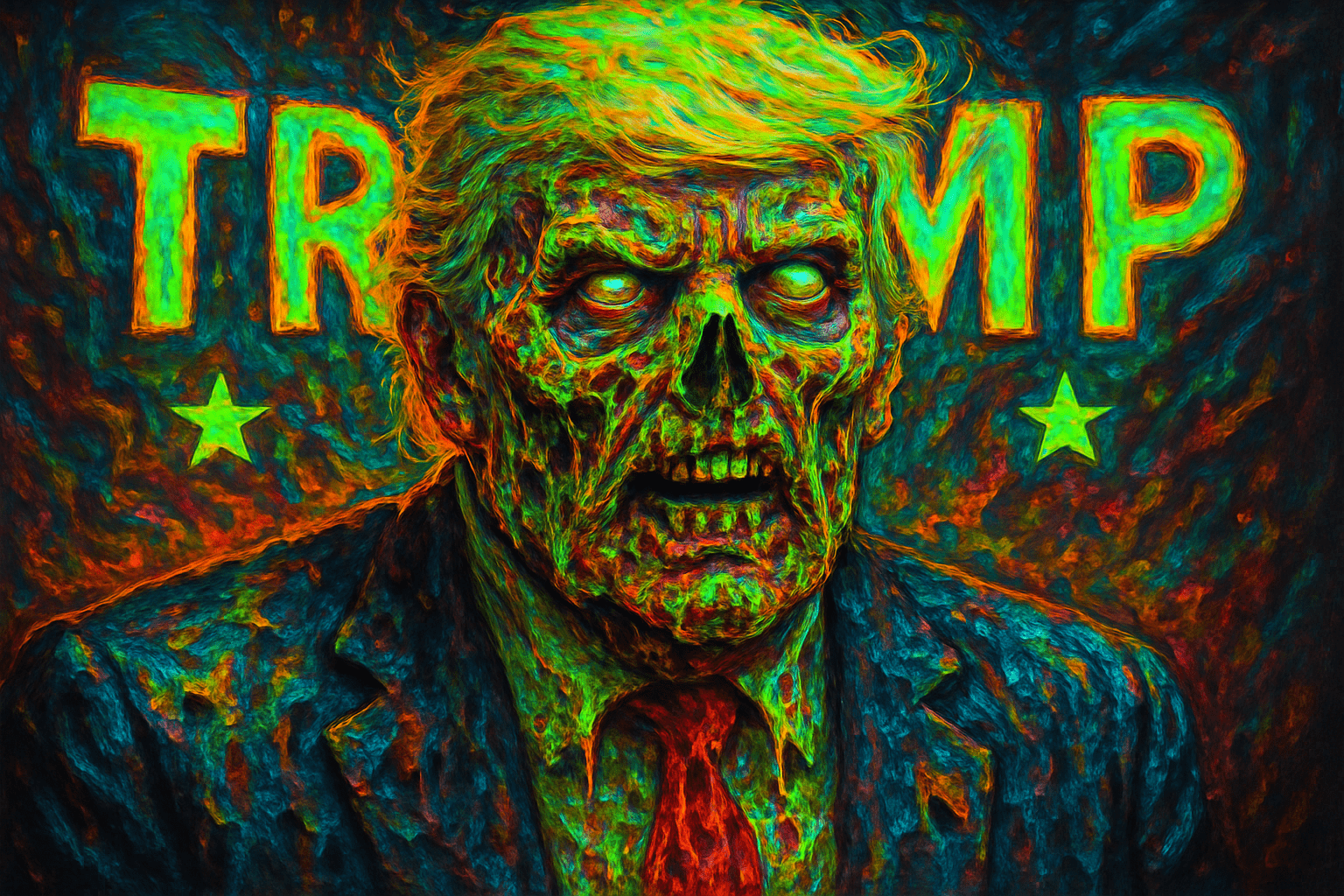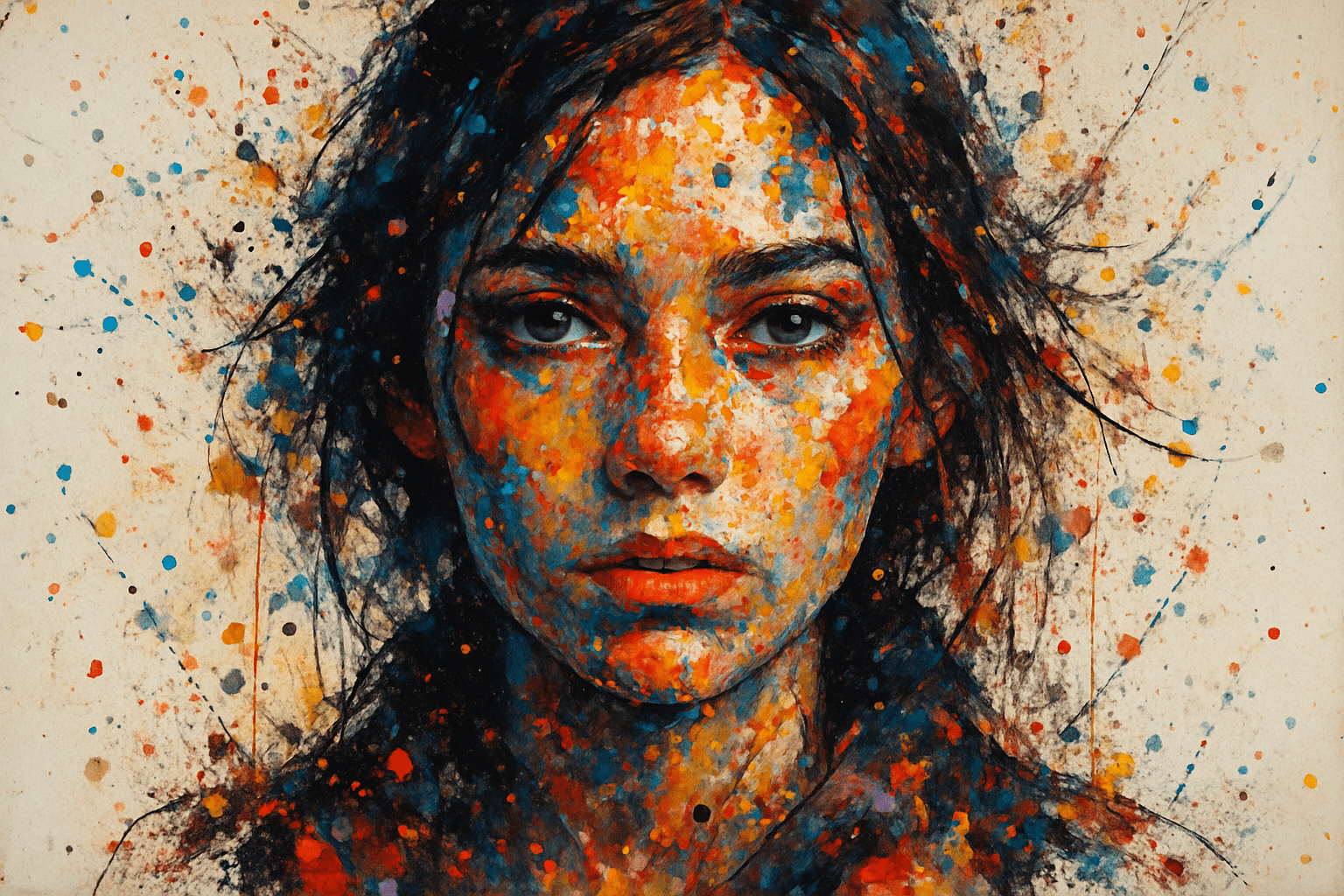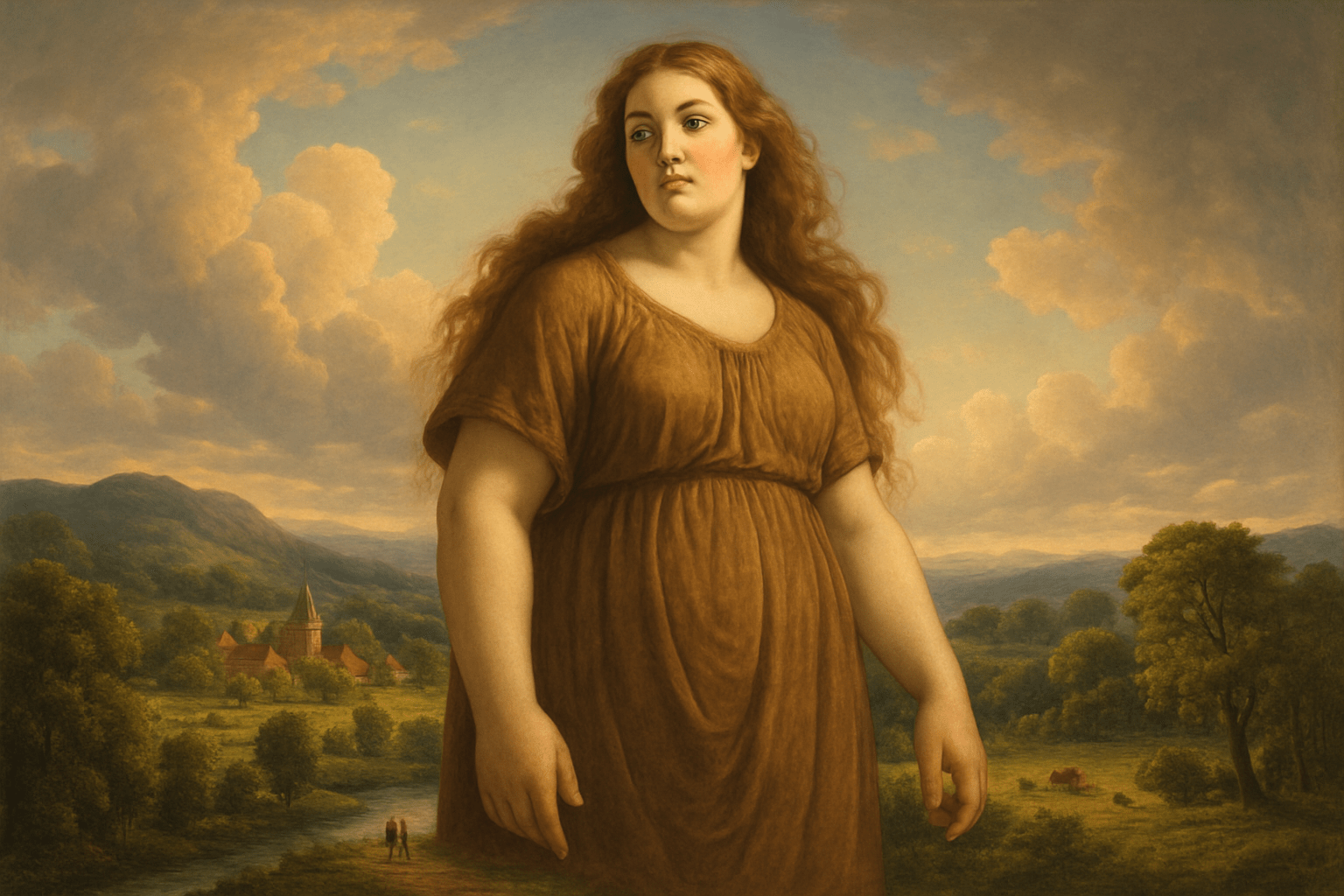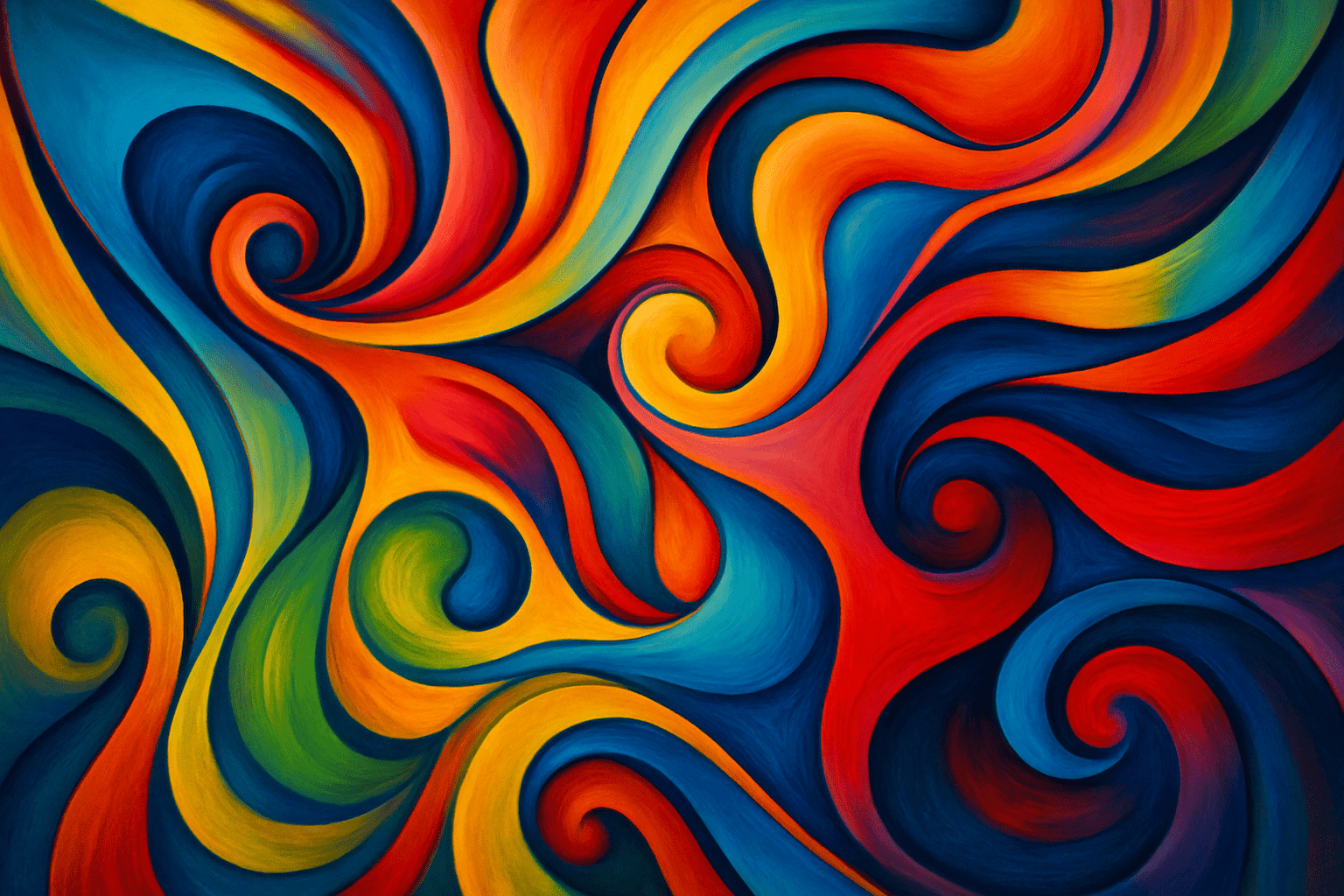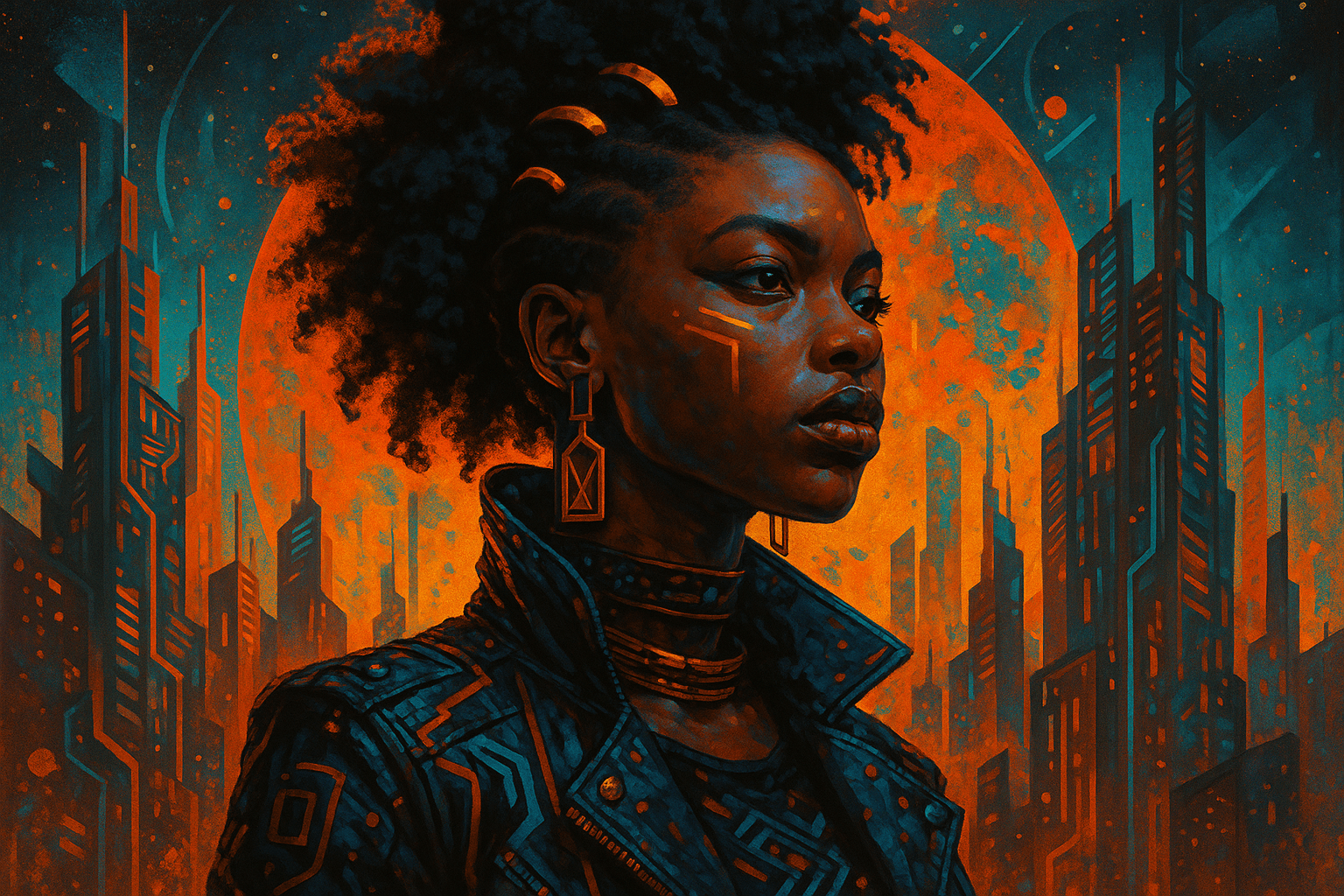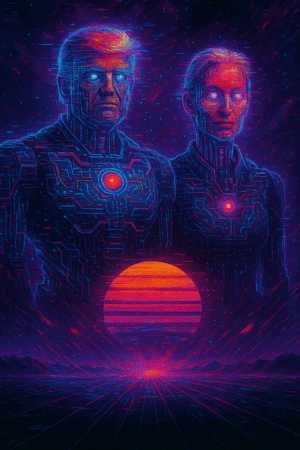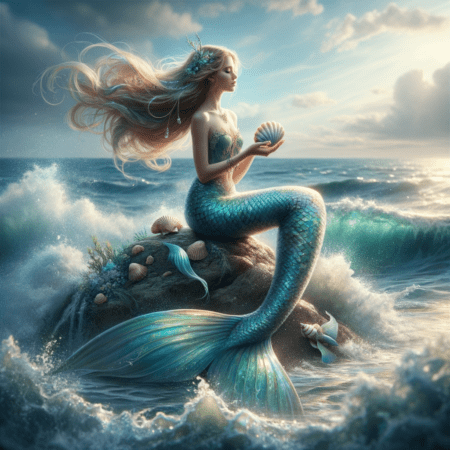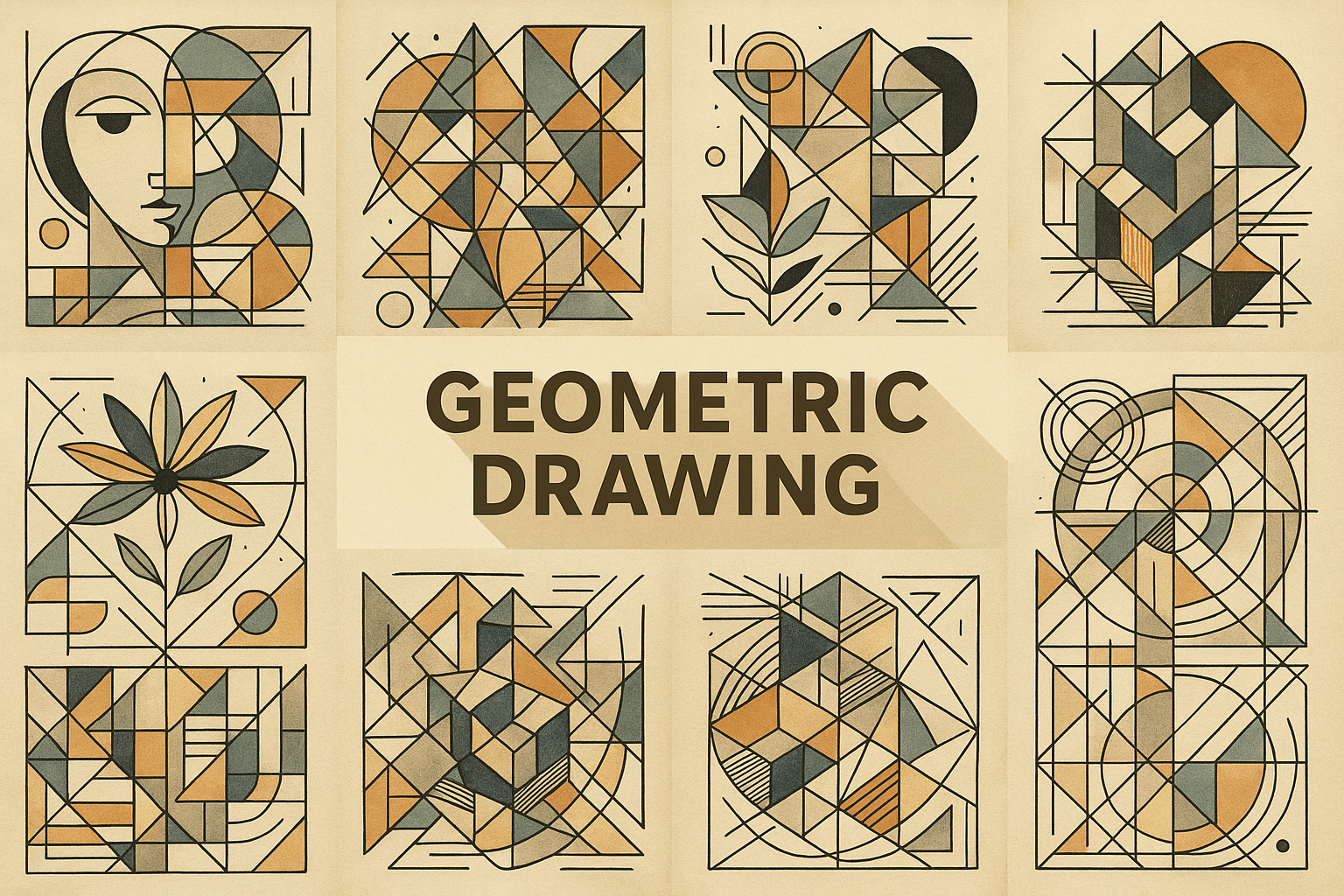
Geometric Drawing
Geometric drawings are usually very precise and have clean lines. They often feature geometric shapes and patterns.
AOI thinking about Geometric Drawing [+_~]-/
Overview and Quickfacts
Geometric drawing is a type of drawing that uses basic shapes to create detailed images. This type of drawing is often used for architectural or technical drawings. Geometric drawing can be done by hand or using computer software.
Can understand it also, as:
Geometric drawing can also be called technical drawing, engineering drawing, or drafting.
Categorize it as:
Impressionism, Modernism
.: Dreaming :.
holds a HAIKU for the art style
:. Thought is power .:
Detailed Description
Geometric drawing is a type of drawing that uses basic geometric shapes to create detailed images. Geometric drawing is often used in architecture and engineering, but can also be used in any type of drawing. Some famous artists who have used geometric drawing in their work include M. C. Escher, Piet Mondrian, and Wassily Kandinsky. Geometric drawing can be used to create both abstract and realistic images. One of the most famous examples of geometric drawing is M. C. Escher’s drawing of a never-ending staircase. This drawing is an example of how geometric drawing can be used to create an optical illusion. Piet Mondrian’s paintings are another example of how geometric drawing can be used to create abstract images. Mondrian’s paintings are composed of basic geometric shapes, such as squares and rectangles, which are arranged in a grid-like pattern. Wassily Kandinsky’s paintings are another example of how geometric drawing can be used to create abstract images. Kandinsky’s paintings are often composed of circles, triangles, and other basic geometric shapes. Geometric drawing can be used to create both two-dimensional and three-dimensional images. Two-dimensional geometric drawing is often used in engineering and architectural drawings. Three-dimensional geometric drawing is often used in product design and in the design of three-dimensional objects.
.. beep, beep, beep ..
<START OF TRANSMISSION>
1. Geometric drawing is a form of drawing that uses basic geometric shapes to create images. 2. Geometric drawing can be used to create both abstract and representational images. 3. Geometric drawing is often used in architecture and design. 4. Basic geometric shapes that are used in geometric drawing include points, lines, circles, squares, and triangles. 5. More complex shapes can also be used, such as polygons and curves. 6. Geometric drawing can be done by hand or using computer software. 7. Geometric drawing is often used to create patterns and designs. 8. Geometric shapes can be combined and repeated to create interesting effects. 9. Geometric drawing can be used to create optical illusions. 10. Geometric shapes can be distorted and transformed in many ways. 11. Geometric drawing can be used for both decorative and functional purposes. 12. Geometric shapes can be combined in endless ways to create new and unique images. 13. Geometric drawing is a versatile and flexible form of art. 14. Geometric drawing can be simple or complex, depending on the artist's vision. 15. Geometric shapes can be used to create both two-dimensional and three-dimensional images. 16. Geometric drawing can be used to create both static and dynamic images. 17. Geometric shapes can be combined in infinite ways to create an infinite variety of images. 18. Geometric drawing is a timeless form of art that can be enjoyed by people of all ages. 19. Geometric drawing is a universal form of communication that can be understood by people from all cultures. 20. Geometric drawing is a powerful tool that can be used to express ideas and emotions.
<EOF>
.. robbel bob
Visual Examples from our image gallery
Coming soon, we are so slow .. might never come
Artists, Paintings, and more
(be aware, can be highly speculative)
Artists (be aware, speculation possible):
1. Albrecht DÃÂürer (1471-1528) 2. Piet Mondrian (1872-1944) 3. Paul CÃÂézanne (1839-1906) 4. Wassily Kandinsky (1866-1944) 5. Kazimir Malevich (1879-1935) 6. Lyubov Popova (1889-1924) 7. Vladimir Tatlin (1885-1953) 8. Aleksandr Rodchenko (1891-1956) 9. Liubov Popova (1889-1924) 10. Varvara Stepanova (1894-1958) 11. El Lissitzky (1890-1941) 12. Kazimir Malevich (1879-1935) 13. Piet Mondrian (1872-1944) 14. Theo van Doesburg (1883-1931) 15. Gerrit Rietveld (1888-1964) 16. De Stijl (1917-1931) 17. Bauhaus (1919-1933) 18. Constructivism (1913-1935) 19. Dada (1916-1924) 20. Surrealism (1924-present) 21. Abstract Expressionism (1940s-present) 22. Color Field Painting (1940s-present) 23. Geometric Abstractions (1920s-present) 24. Op Art (1960s) 25. Minimalism (1960s-present) 26. Hard-edge Painting (1960s-present) 27. Neo-Geo (1980s-present) 28. Postmodernism (1970s-present) 29. Deconstruction (1970s-present) 30. Digital Art (1970s-present)
Artworks (be aware, speculation possible)
1. The Persistence of Memory, Salvador Dali (1931) 2. American Gothic, Grant Wood (1930) 3. The Scream, Edvard Munch (1893) 4. The Starry Night, Vincent van Gogh (1889) 5. Nighthawks, Edward Hopper (1942) 6. Sunday Afternoon on the Island of La Grande Jatte, Georges Seurat (1886) 7. A Sunday on La Grande Jatte, Georges Seurat (1884) 8. The Hay Wagon, Andrew Wyeth (1953) 9. Christina’s World, Andrew Wyeth (1948) 10. The Bedroom, Vincent van Gogh (1889) 11. The Yellow Wallpaper, Charlotte Perkins Gilman (1892) 12. The Cabinet of Dr. Caligari, Robert Wiene (1920) 13. The Cabinet of Dr. Caligari, Robert Wiene (1919) 14. The Great Wave off Kanagawa, Katsushika Hokusai (1829-1833) 15. The Persistence of Memory, Salvador Dali (1931) 16. The Starry Night, Vincent van Gogh (1889) 17. Nighthawks, Edward Hopper (1942) 18. Christina’s World, Andrew Wyeth (1948) 19. The Cabinet of Dr. Caligari, Robert Wiene (1920) 20. The Cabinet of Dr. Caligari, Robert Wiene (1919) 21. The Great Wave off Kanagawa, Katsushika Hokusai (1829-1833) 22. The Persistence of Memory, Salvador Dali (1931) 23. American Gothic, Grant Wood (1930) 24. The Scream, Edvard Munch (1893) 25. The Starry Night, Vincent van Gogh (1889) 26. Nighthawks, Edward Hopper (1942) 27. Sunday Afternoon on the Island of La Grande Jatte, Georges Seurat (1886) 28. A Sunday on La Grande Jatte, Georges Seurat (1884) 29. The Hay Wagon, Andrew Wyeth (1953) 30. Christina’s World, Andrew Wyeth (1948)
Epoch
The time period of the art style Geometric Drawing is the early 20th century.
AI ART RESSOURCES (AKA, well Tools)
Helping tools -> predefined search links on other pages:
